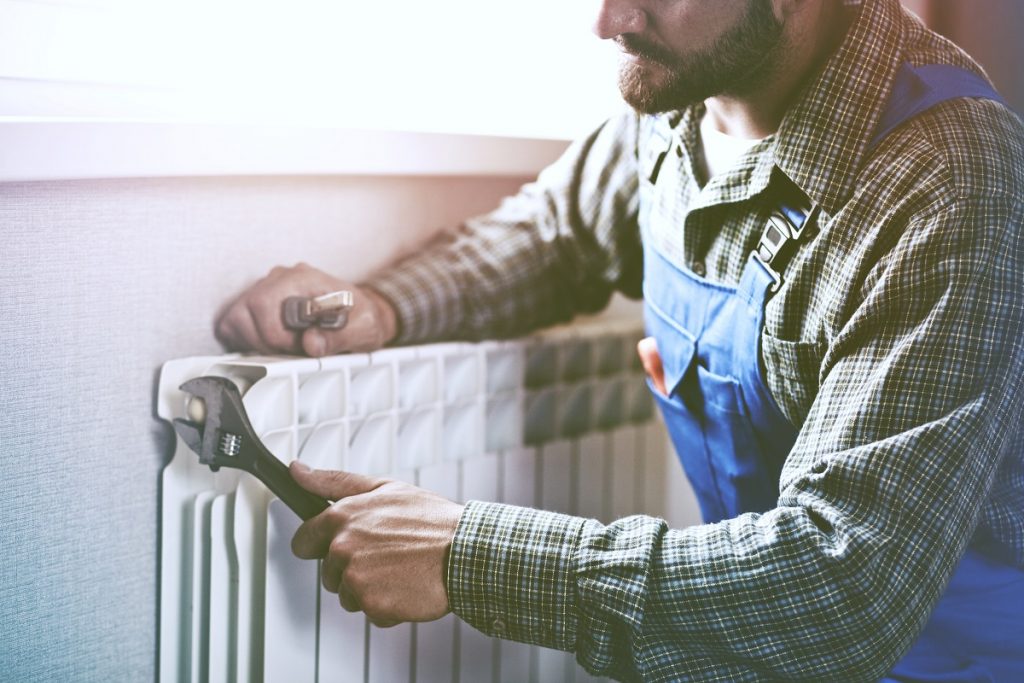- Leaks can cause costly structural damage and foster mold growth, leading to health risks.
- Excessive water leakage can result in higher energy bills and damaged appliances.
- Preventive steps include replacing an old roof, cleaning gutters, inspecting plumbing systems, and performing regular maintenance on appliances and fixtures.
- Regular maintenance and timely repairs can help protect your home from water damage.
- Be aware of the risks associated with leaks and take steps to mitigate them.
Leaks are a major source of damage, both financially and to your home. Leaks can cause property damage, such as structural damage or erosion, and they are responsible for billions of gallons of wasted water each year. In addition to this direct financial impact, especially regarding your home. Here’s what you need to know about leaks and how you can deal with them.
Home Problems Caused By Leaks
Many households have experienced a leaky faucet or pipe at some point in their lives, but did you know there can be serious consequences to having a leaking pipe in your home? Whether it’s from a broken appliance or plumbing system, leaks can cause costly damage and create major headaches. You should be aware of four problems caused by household leaks.
Structural Damage
One of the most common issues caused by household leaks is structural damage to your home. This includes warped floorboards, cracked walls and ceilings, and mold growth due to excess moisture. Water-damaged surfaces are also more prone to attracting pests like termites, which can further weaken the integrity of your home’s structure. If left untreated, these issues can become expensive to repair and may even require professional help.

Mold Growth
Another problem caused by household leaks is an increase in mold growth due to excessive moisture in the air. Mold spores are airborne, so even a small drip from a leaking pipe or faucet can cause mold spores to spread throughout your house.
In addition to being unsightly, mold can cause health problems for people with allergies or asthma. To prevent this from happening, it’s important to watch for signs of water damage and take steps to fix any potential sources of leaks as soon as possible.
High Energy Bills
An issue caused by household leaks is increased energy bills due to wasted water and inefficient appliances. If you have a leaky faucet or showerhead, you could waste hundreds of gallons of water every month without even realizing it!
This means more money coming out of your pocket each month than necessary—not to mention the environmental impact that comes with wasted resources. It’s important to check for signs of water leakage around your home regularly and fix any issues as soon as they arise.
Damaged Appliances
Another issue caused by household leaks is damaged appliances due to excess moisture or corrosion from exposure to saltwater (if you live near the ocean). Corrosion can occur anywhere on an appliance where metal parts come into contact with water; this includes pipes, valves, washers, and more! Damaged appliances will not only cost money upfront for repairs but may also cost more money over time due to higher energy bills from an inefficient operation.
Preventive Tips to Avoid Leaks
Thankfully, there are many things you can do to prevent leaks from occurring in your home. Here are a few preventive tips to keep in mind:

Replace Your Roof
An old wooden roof can be a major source of leaks in your home. If you notice any signs of water damage or rot in the roof’s structure, it is time to replace it. Consider replacing your roof with a metal roof instead. A local metal roofing company can help with that. They can also inspect your roof for any weak areas that can be sealed before the replacement.
Check Your Gutters and Downspouts
Clogged gutters and downspouts are a common source of water damage in many homes. It is important to clean your gutters regularly to ensure they aren’t clogged with leaves or debris. This will help ensure that any rainfall is properly diverted from your home.
Examine Your Plumbing System
Another preventive measure is to inspect your plumbing system periodically for any signs of water damage. Ensure all pipes, valves, and washers are in good condition and not leaking or corroded. Hire a professional plumber to repair or replace damaged parts if necessary.
Perform Regular Maintenance
Finally, regular appliance and fixture maintenance is essential to prevent leaks. This includes checking faucets, pipes, and hoses for any signs of wear or tear. If you notice anything unusual, replace the part immediately to prevent further damage.
Leaks can be a major source of damage, both financially and to your home. A leaking pipe in your home has many consequences, from structural damage to mold growth. Fortunately, you can take many preventive measures to reduce the risk of leaks in your home. From inspecting your roof and plumbing system to regularly performing maintenance on your appliances and fixtures, there are steps you can take to protect your home from water damage.

